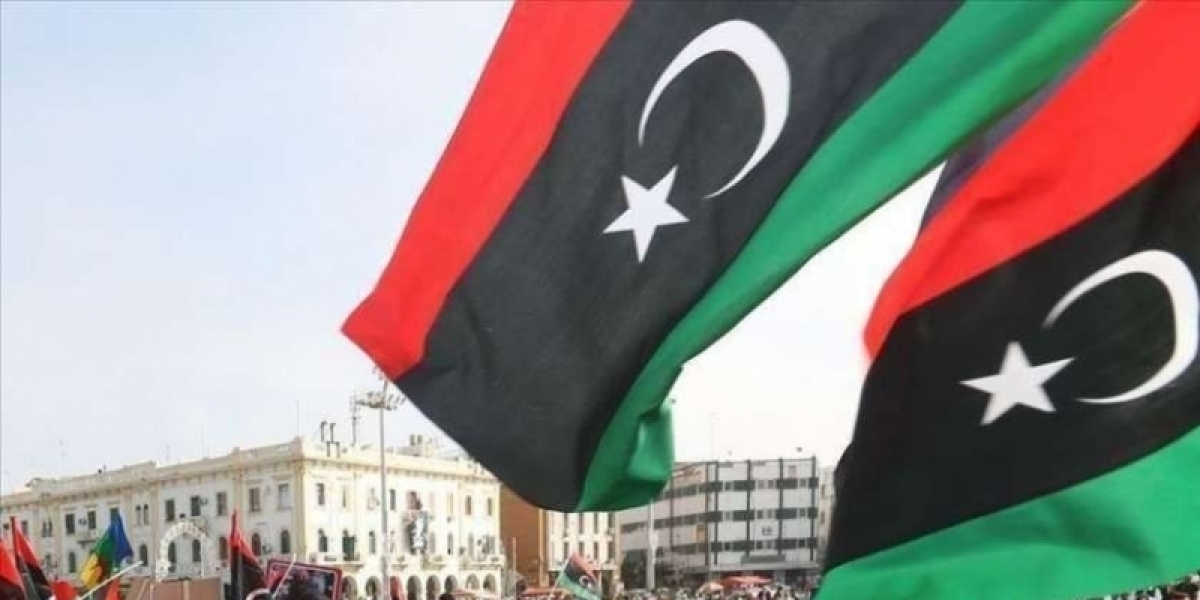Eleven years ago, Libyans tried to wrest back their freedom from an authoritarian regime and sought the protection of a democratic government. But since then, efforts to give Libyans these freedoms have failed.
On June 22, the roadmap for the Libyan Political Dialogue Forum — the latest attempt by the United Nations to build Libyan democracy — expired. The Libyans are holding their breath now, and this will bring the next defeat.
All attempts to establish a legitimate government have failed because they have ignored Libya’s unique history. This needs to change, and Libya’s recent history is a good place to start.
Libya came into the world as a democracy. After decades of colonization and war, the newly formed United Nations put Libya on the road to independence in 1947. Then, Libya was shaped by geographic and tribal differences. In order to find a solution, United Nations chief negotiator Adriaan Pelt and his colleagues concluded that a constitutional monarchy would be the most effective way to unite the three regions and more than 100 tribes. The Senussi family, who led the Libyan rebellion against colonialism, had no tribal affiliation and provided a solid foundation for national identity. The United Kingdom of Libya was then established in 1951 with Libyan support.
Libya has been a developing parliamentary democracy for 18 years. It has universal suffrage, an independent judiciary, periodic elections, freedom of religion and freedom of the press. Women can vote in Libya before Switzerland or Portugal.
However, in 1969 Libya’s nascent democracy ruled by a constitutional monarch was overthrown in a coup and engulfed by a wave of pan-Arabism and the Cold War. Libya’s dictatorship lasted 42 years.
In recent months, Libyans — in rallies in more than a dozen cities and on new social media pages with thousands of supporters — have advocated a simple idea: Restoring the pre-1969 constitution is the only way to restore unity and pathways to the legitimacy and national identity of the country and its institutions.
The world has not considered this option since 2011. Instead, there were initiatives based on speculation and wishful thinking. The result is a deadlock that enriches domestic and foreign actors and renders them indifferent to the suffering of ordinary Libyans.
Although it may seem hopeless, it is still possible for Libya to continue on its democratic path. The pre-1969 constitution and historical precedent have paved the way.
Seventy years ago, the United Nations helped Libyans build their own democracy, taking into account the need for Libyan culture, society and a unified identity. It can do it again by listening to ordinary Libyans rather than a few corrupt elites. The option of restoring an independent Libyan constitution – a product of UN-inspired mediation – should be on the table to which it belongs. This is a historic opportunity not to be missed.




